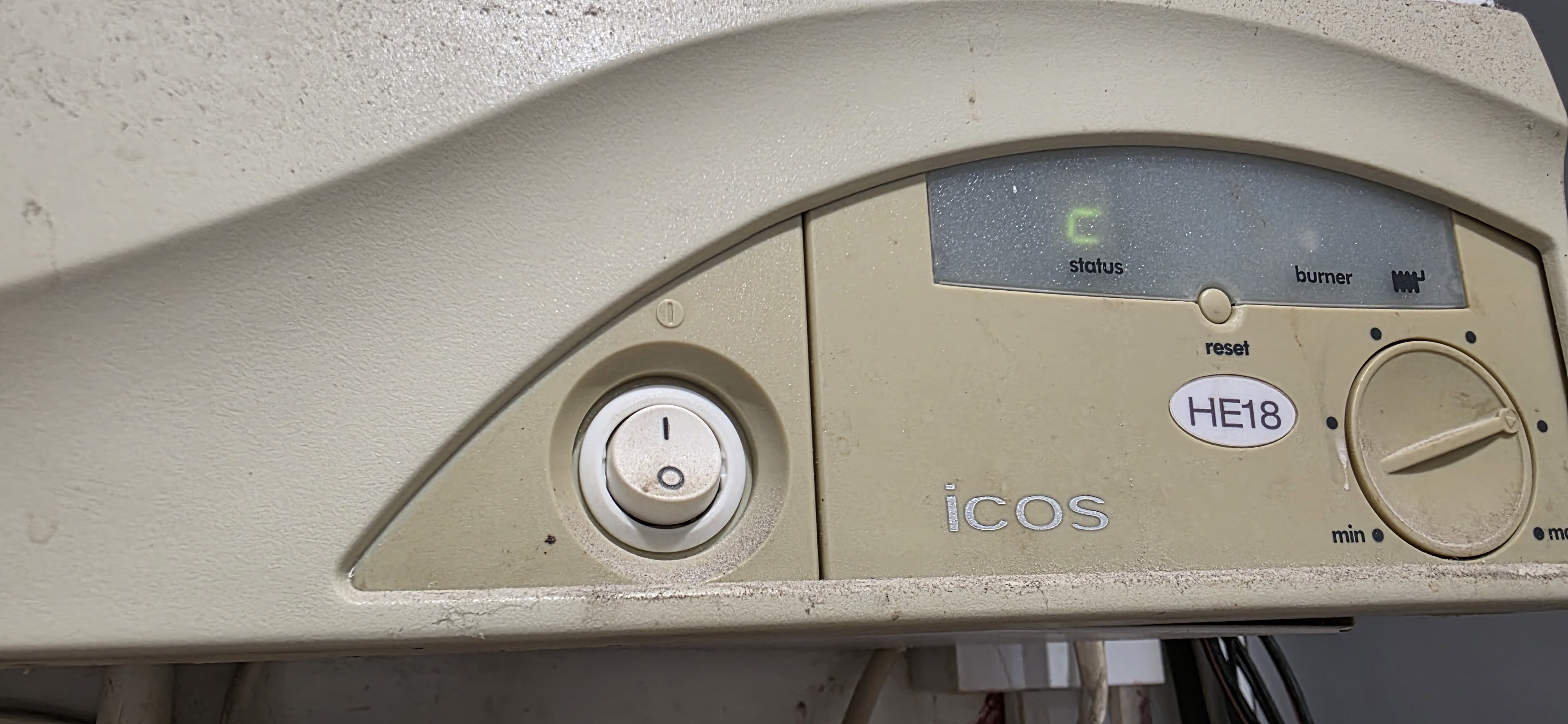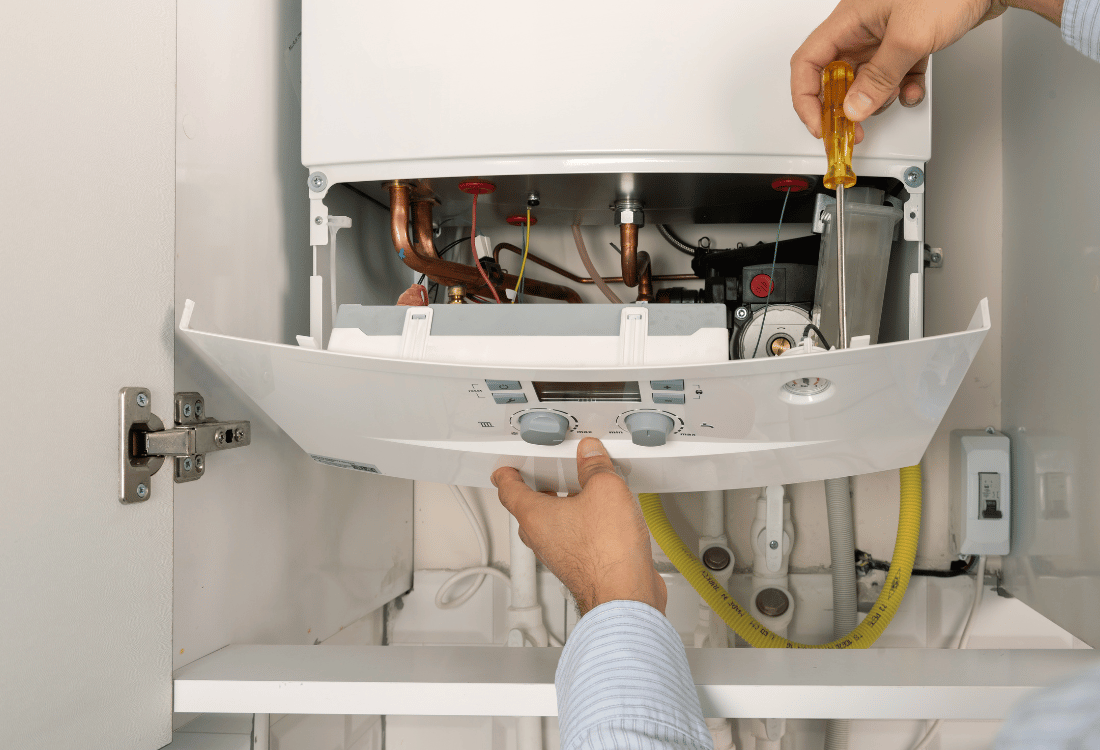Boiler efficiency is a term that you hear a lot, but why does it matter? And do you need to worry about it?
In today’s article, we explain what they are, what they mean, and how yours could save you money.
What Is An ‘Efficient’ Boiler?
An efficient boiler is one that creates heat without wasting fuel. Traditionally, old-fashioned system boilers would run at around 70% efficiency. Today’s modern combi boilers can be over 95%. For you, this means that you’re not paying for fuel that evaporates into thin air. Instead, every penny goes towards keeping you warm. If you think about the maths, assuming that one energy bill is £100, the difference between wasting £30 (70%) and £5 (5%) soon adds up as the months and years roll by.
Types Of Energy Efficiency Ratings
There are two types of energy efficiency ratings in the UK: SEDBUK and ErP. If you have a boiler that was made before 2015, you will probably have a Seasonal Efficiency of Domestic Boilers (SEDBUK) label. This was the first attempt at efficiency ratings, and it measures the overall performance of your boiler. After 2015, SEDBUK was replaced by the Energy-Related Product (ErP) rating. This was rolled out across the EU, and the agenda is to reduce energy consumption. Reducing the consumption of energy naturally increases the efficiency. The ErP rating is more comprehensive than SEDBUK, as it also covers aspects such as noise pollution, CO2 emissions, and overall environmental impact. In both cases, the unit has a sticker that shows you the efficiency percentage, enabling you to calculate the cost of keeping your home warm.
How Can I Improve The Efficiency Of My Boiler?
If you’re looking at your SEDBUK or ErP label in horror, don’t panic. Ideally, of course, you should start thinking about a replacement. However, there are some simple steps that you can take to ensure that your boiler is operating at the efficiency level that it claims to be. For instance, even if you have an A-rated appliance, something as simple as sludge in the pipes can turn your 90+% into a 60%. Blocked flues, faulty pumps, and damaged fans can also reduce your efficiency. As such, it is prudent to get an annual service to ensure that issues such as water pressure don’t cause problems. Equally, you can help your boiler by running it regularly, power-flushing the system, and paying close attention to any error codes.
Next Steps
Regular servicing is one of the best ways to ensure boiler efficiency while extending the life of the unit. This is best done in the summer, which also helps to avoid costly winter breakdowns, so book your service today by clicking here.
Image Source: Canva- Boiler Service (13)
- Boiler Maintenance (10)
- Boiler Repair (8)
- Boiler Error Codes (6)
- South London (6)
- Boiler Installation (5)
- Homeowners (4)
- New Boiler Cost (3)
- Energy Saving (2)
- Fault Code (2)
- Heating advice (2)
- Room Thermostat (2)
- Boiler Condemned (1)
- Boiler Safety (1)
- Boiler at risk (1)
- Gas Safe (1)
- SMART thermostat (1)
Subscribe to our blog
You May Also Like
These Related Stories
.png)
Boiler Repair: Is Steam from Your Flue Normal?

Boiler Fault Codes Explained: What They Mean and When to Call an Engineer



